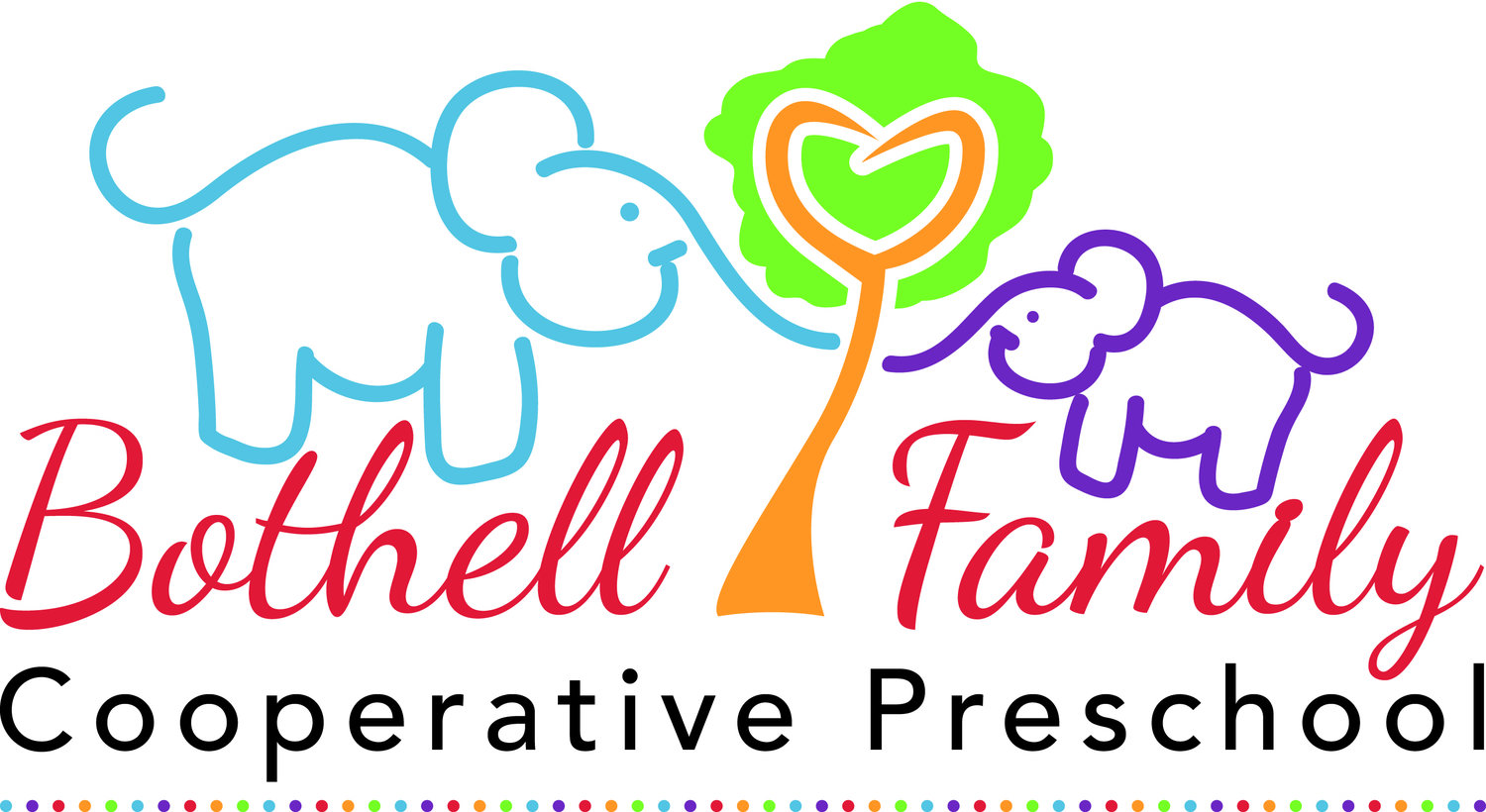Outdoor play is essential for children’s health and well being; therefore we are making it an essential part of our Bothell Family Co-op curriculum. In the month of September, we will be holding Outdoor Preschool where we spend the entire class period in our large play yard. During the rest of the year, we will take children outdoors every day so they can run, jump, swing, climb, and use all the large muscles in their bodies. They run around, breathe fresh air, look at clouds, or catch balls or bugs. They watch clouds and birds or climb high and look down. Being outside allows them to truly be kids, to let loose and be messy, loud, boisterous, and expend energy in ways that might be inappropriate and annoying indoors.
At the same time, the sense of peace and pleasure children experience when they inhale fresh air feel the warmth of the sun on their backs, or watch a butterfly land on a flower is immeasurable. The time children spend outdoors every day may be more important to their learning than the time they spend in the classroom. So, it is truly a gift to our children that they will be spending the next three weeks of their preschool lives living, playing and exploring in the outdoors.
What Parents Can Do at Outdoor Preschool
Explore nature. Watch what children notice and show you too are interested. Children can:
- notice and appreciate changes in nature
- discover how water puddles after a rain and disappears when the sun comes out
- follow shadows around
- use their bodies in increasingly skillful ways
- collect things and then play with them, sort them, and make patterns with them. Bring along a container when you go outdoors so your child can collect treasures along the way—seeds, leaves, rocks—and bring them home to examine.
When children are curious, encourage to develop scientific skills by asking questions that help them think:
- What do you notice?
- What do you hear?
- Where do you think they are going?
- How are they different or the same?
- Why do you think that happened?
- Where does dirt come from?
- What do you think they eat?
- How could we learn more about them?
- I wonder what this is…
- What would happen if…?
Preschoolers learn through all their senses; being outdoors develops those senses. Outside there are different and wonderful things for them to see, to hear, to smell, to touch, and even to taste. If we talk about these things they become aware of all the wonders of the earth such as changes in the weather, seasons, growth of plants and animals as they also build rich vocabularies. Children who spend a lot of time acquiring their experiences through television, computers, and even books are using only two senses: hearing and sight.
Social/emotional development: Outside, children are more likely to invent their own games. As they do, they are able to express themselves and learn about the world in their own way. They feel safe and in control, which promotes autonomy, decision –making, and organizational skills. They also must learn to cooperate and communicate with other children as they create dramatic scenarios or take turns with shovels or swings.
Physical development: Children develop their gross motor skills as they run, leap, hop, jump, swing, slide, and climb. These activities allow children to take risks and try out new skills. Children also use their fine motor skills outdoors to weed a garden, collect bugs, and pour sand through a funnel. These skills lay the foundation for academics such as thinking, writing, and literacy.
Cognitive development: The outdoors is a natural laboratory for scientific explorations as children observe and explore nature firsthand. They find and study bugs and butterflies, plant seeds and watch plants grow, observe leaves change color, taste snow, touch the bark of a tree, hear bees buzz, birds sing, or the rustling of leaves in the wind, and smell the air after a rain. They count petals, measure distances, and solve problems such as how to make water or sand run through a rain gutter. They create a mental map of the tiny universe of the playground, a child’s early geography. Doing these things they are honing their skills of observation, scientific inquiry, and curiosity about the natural world.
Communication skills and vocabulary: The opportunities are infinite whether children are inventing games or noticing things that are fuzzy, sharp, squishy, gloppy, scaly, etc.
Appreciation of aesthetics and the natural world: Because the natural world is filled with beautiful sights, sounds, and textures it’s the perfect spot for the development of a heightened sensitivity to the beauty around us. They may even come to appreciate the environment so much they will strive throughout their lives to preserve and enhance the vanishing nature of the planet.
Blog submitted by beloved former Teacher Linda, taken in part from Creative Curriculum by Diane Trister Dodge

